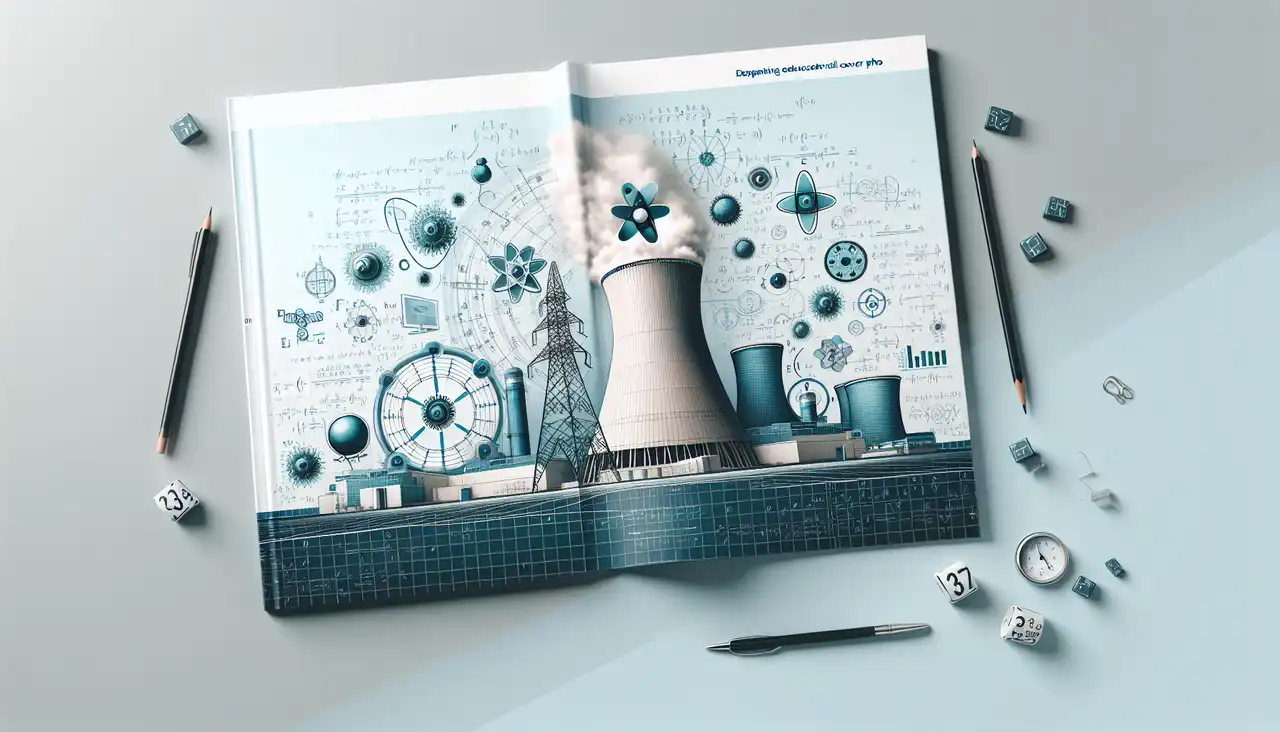

Rick Honaker
Rick Honaker is a distinguished professor in the Department of Mining Engineering at the University of Kentucky, where he has made significant strides in the energy industry through his innovative research. With a focus on rare earth extraction and coal processing, Honaker has led a team of researchers to a remarkable achievement: the production of nearly pure rare earth concentrates from Kentucky coal. This accomplishment is particularly noteworthy due to the low-cost and environmentally-friendly process developed by his team. Rare earth elements are critical components in modern technologies, including iPhones, computers, and military applications such as missiles. The ability to recover these elements from coal represents a major advancement in the field, addressing both economic and environmental concerns. Honaker's research has not only met but exceeded the initial objective of producing a concentrate with at least 2 percent rare earth elements, showcasing the effectiveness of the process. The significance of Honaker's work has been recognized through funding from the Department of Energy, underscoring the potential impact of his research on the energy sector. The process developed by his team is currently under a patent-pending status, highlighting its innovative nature and potential for widespread application. Looking ahead, the process is expected to play a crucial role in the development of a pilot-scale rare earth recovery plant. This initiative could pave the way for more sustainable and efficient methods of extracting rare earth elements, contributing to the advancement of technology and industry. Rick Honaker's dedication to research and innovation in the field of mining engineering continues to drive progress in the energy industry, positioning him as a leader in the development of sustainable solutions for rare earth extraction. His work not only benefits the academic community but also holds promise for practical applications that could transform the way we approach resource recovery.
Publications
, 356-366, 2015-06-23
, 632-642, 2021-12-08